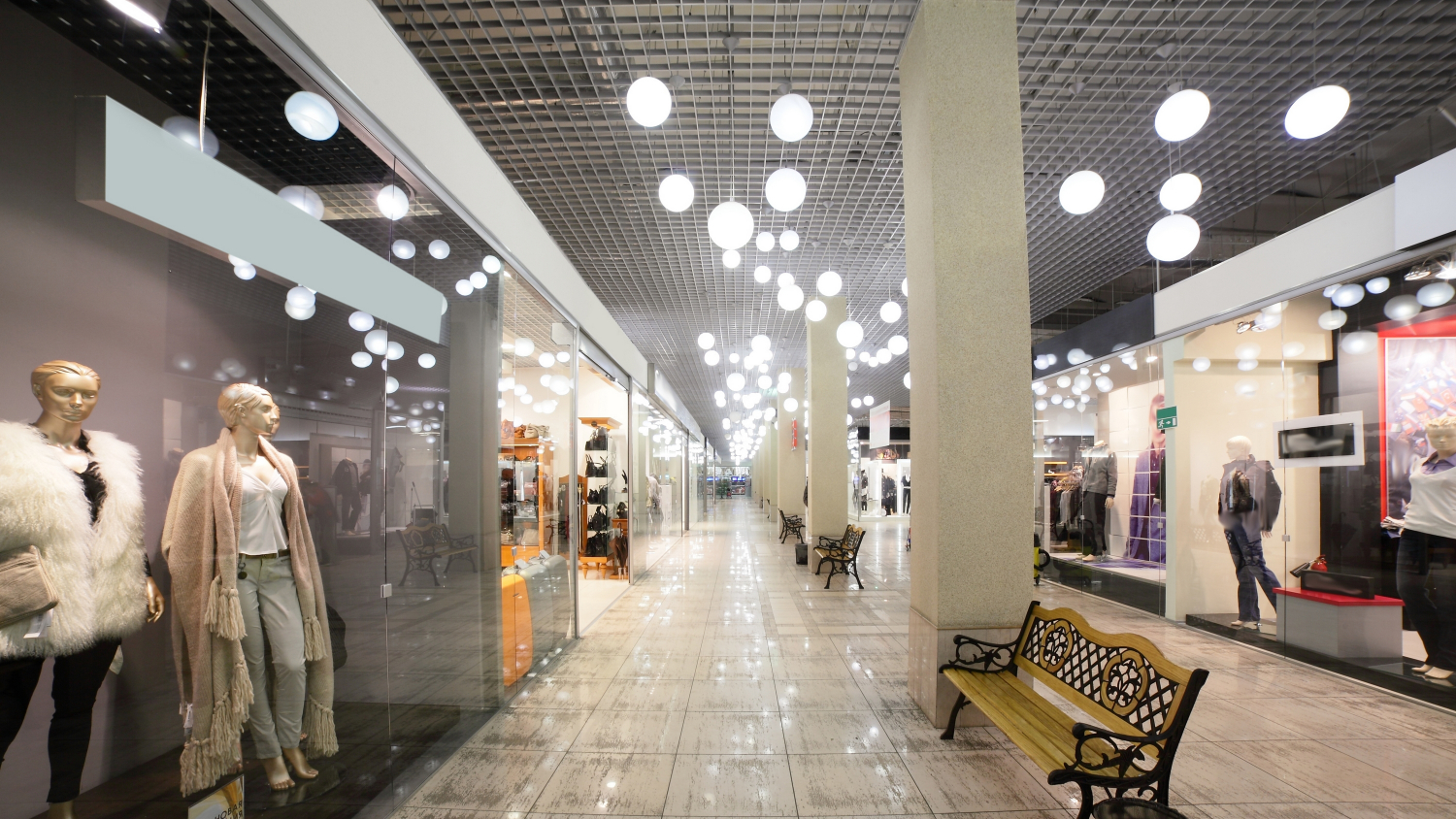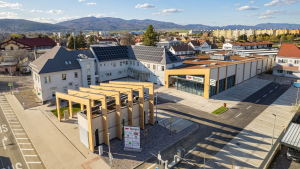
Because of the pandemic, a significant number of Polish consumers are increasingly turning to smaller stores, which are located outside traditional shopping centres. Is this an opportunity for high street shop owners, answer the experts from JLL advisory agency
The revival of trade on Poland’s high streets is a perennial theme, which is now being discussed because of the pandemic. Paradoxically, the uncertainty that tenants are now facing may direct their attention towards alternative locations. These include streets that have not been prohibited from trading, and which therefore ensure continuity of operations. However, to make them more attractive it would be necessary to simplify tender procedures, create a coherent strategy and establish close cooperation between the city and private owners.
It`s not about the rent
COVID-19 revealed the financial condition of many brands and service outlets, with some, unfortunately, unable to survive. This set of circumstances can also be applied to tenants operating on high streets. However, there is one "but".
"There is still a large number of companies on the market which were in more than good shape before the appearance of COVID-19 and had considerable cash reserves. These companies are now looking for an opportunity to take over premises that offer more attractive rental rates than before March last year. Therefore, we can expect over time that some of the vacated premises will be occupied by new tenants. However, this is a drawn out process, as the process of leasing premises on high streets is much more challenging compared to other commercial facilities, such as shopping centres or office buildings", explains Anna Wdowiak, Senior Consultant at Retail Agency, JLL
Complicated tender procedures and bidding contests, or complex ownership structures are factors that have discouraged many tenants from considering locations, for example, on one of Warsaw’s main thoroughfares.
"Tenants, especially companies with large networks, expect that the process of obtaining high street locations to be easier and the property owners themselves to be flexible in negotiations. Having overcome such challenges, retail chains will look to apply the same high street policy in Warsaw that they have already adopted in other foreign markets. One ought to remember that large, well-known brands will be followed by customers, and this in turn will attract more companies to a particular location", adds Anna Wdowiak.
A strategy is needed
Two years ago, at the request of the Warsaw City Hall, the JLL team conducted a study on the basis of which they prepared recommendations for the development of downtown trade in Warsaw, specifically in the section of Marszałkowska Street from Plac Zbawiciela to Aleje Jerozolimskie.
"We underlined that among the supporting factors, it is necessary to increase pedestrian traffic, build the A12 - Plac Konstytucji metro station, and create a representative, high quality green public space. The selection of tenants would be based not only on rental issues, but also on the desire to improve the quality and uniqueness of the offer. Also of key importance is the influence of these tenants on street life, the extension of store opening hours, as well as the attractiveness of the stores’ windows", comments Anna Wysocka, Head of Retail Agency, JLL
There is also the issue of aesthetics, which is extremely important when it comes to increasing the potential of high streets. In order to attract suitable tenants, who fit in with the needs of Warsaw's residents, the city should, where necessary, renovate dilapidated building facades. Of course, it is important to ensure that the streets are customer-friendly and hence there is a need to analyze, for example, the possibility of building additional pedestrian crossings, which would improve footfall circulation. The high streets would then have a chance to become a real alternative to shopping centres.
"The pandemic may accelerate changes that the town hall had already started to introduce before the COVID-19 pandemic. An example of this is Aleje Jerozolimskie, where the range of tenants occupying commercial premises is more carefully selected to fit the adopted offer strategy, and which should be consistent and meet actual shopping needs. However, cooperation between the city and private owners is of crucial importance. Both parties should be interested in discussing premises policy, which include, for example, the creation of locations with a specific tenant profile. The pandemic affects everyone without exception, and the growing vacancy concerns mean that the city, and private owners and both parties should now be more determined to create a common strategy", adds Anna Wysocka.
A good way to diversify
Closed shopping centres and the fear of infection has resulted in an acceleration of e-commerce. The number of online shoppers increased during the months in which shopping centres were mostly closed - at the very peak, the share of e-commerce rose to nearly 12% in retail, but decreased when restrictions were lifted.
"Although this shows that Poles still prefer the traditional method of shopping, their habits still continue to change. This is all the more so because brands are diversifying their strategies and are more focused on hybrid trade. So independent, easily accessible locations located on the high street are increasingly important. It is also worth noting that large, well-known tenants are already operating on high streets, as exemplified by Marszałkowska Street and the Wars, Sawa and Junior scheme. However, in order to attract more companies to the high street, it is necessary to create attractive lease conditions and make the desired square meterage available to brands, for example, by combining the premises", summarizes Anna Wdowiak.



